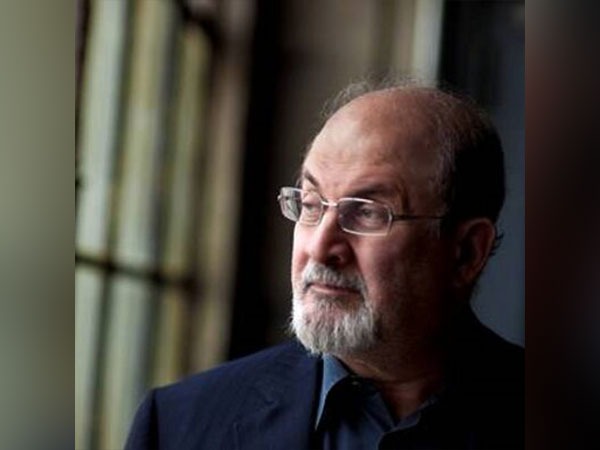Judge Shields Rushdie's Private Notes in Stabbing Trial
Author Salman Rushdie is not required to surrender private notes regarding his stabbing incident, ruled a judge, rejecting the alleged attacker's demand. Hadi Matar's legal team sought materials related to Rushdie's memoir, but the request was deemed overly broad. The trial has been postponed to October.

Author Salman Rushdie does not have to turn over private notes about his stabbing to the man charged with attacking him, a judge ruled Thursday, rejecting the alleged assailant's contention that he is entitled to the material as he prepares for trial.
Hadi Matar's lawyers in February subpoenaed Rushdie and publisher Penguin Random House for all source material related to Rushdie's recently published memoir: "Knife: Meditations After an Attempted Murder," which details the 2022 attack at the Chautauqua Institution. Public Defender Nathaniel Barone said the material he sought contained information not available anywhere else.
"You could obtain it from the book," Chautauqua County Judge David Foley told Barone during arguments Thursday, before ruling the request too broad and burdensome. Additionally, the judge said, Rushdie and the publisher are covered by New York's Shield law, which protects journalists from being forced to disclose confidential sources or material.
Requiring Rushdie to hand over personal materials "would have the net effect of victimising Mr Rushdie a second time," Elizabeth McNamara, an attorney for Penguin Random House, said in asking that the subpoenas be quashed.
Matar, of Fairview, New Jersey, pleaded not guilty to assault and attempted murder after being indicted by a Chautauqua County grand jury shortly after authorities said he rushed the stage and stabbed Rushdie as he was about to address about 1,500 people at an amphitheatre at the western New York retreat.
Rushdie, 77, spent years in hiding after the Ayatollah Khomeini issued a fatwa, or edict, in 1989 calling for his death due to his novel "The Satanic Verses," which some Muslims consider blasphemous. Over the past two decades, Rushdie has travelled freely.
Also Thursday, the judge rescheduled Matar's trial from September to October to accommodate Rushdie's travel schedule, and that of City of Asylum Pittsburgh Director Henry Reese, who was moderating the Chautauqua Institution appearance and was also wounded. Both men are expected to testify.
Jury selection is now scheduled to begin Oct 15, District Attorney Jason Schmidt said.
(With inputs from agencies.)










